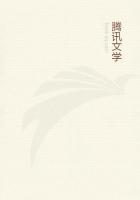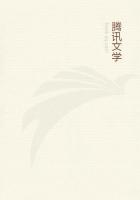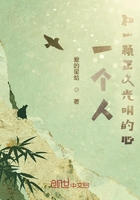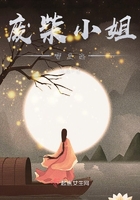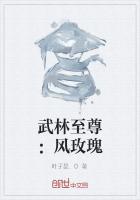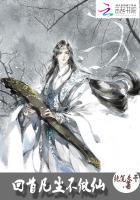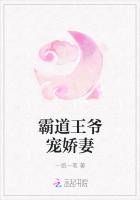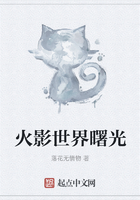No. I.DANTE.
(January 1824)
"Fairest of stars, last in the train of night, If better thou belong not to the dawn, Sure pledge of day, that crown'st the smiling morn With thy bright circlet." Milton.
In a review of Italian literature, Dante has a double claim to precedency. He was the earliest and the greatest writer of his country. He was the first man who fully descried and exhibited the powers of his native dialect. The Latin tongue, which, under the most favourable circumstances, and in the hands of the greatest masters, had still been poor, feeble, and singularly unpoetical, and which had, in the age of Dante, been debased by the admixture of innumerable barbarous words and idioms, was still cultivated with superstitious veneration, and received, in the last stage of corruption, more honours than it had deserved in the period of its life and vigour. It was the language of the cabinet, of the university, of the church. It was employed by all who aspired to distinction in the higher walks of poetry. In compassion to the ignorance of his mistress, acavalier might now and then proclaim his passion in Tuscan or Proven 嘺 lrhymes. The vulgar might occasionally be edified by a pious allegory in the popular jargon. But no writer had conceived it possible that the dialect of peasants and market-women should possess sufficient energy and precision for a majestic and durable work. Dante adventured first. He detected the rich treasures of thought and diction which still lay latent in their ore. He refined them into purity. He burnished them into splendour. He fitted them for every purpose of use and magnificence. And he has thus acquired the glory, not only of producing the finest narrative poem of modern times but also of creating a language, distinguished by unrivalled melody, and peculiarly capable of furnishing to lofty and passionate thoughts their appropriate garb of severe and concise expression.
To many this may appear a singular panegyric on the Italian tongue. Indeed the great majority of the young gentlemen and young ladies, who, when they are asked whether they read Italian, answer "yes," never go beyond the stories at the end of their grammar,--The Pastor Fido,--or an act of Artaserse. They could as soon read a Babylonian brick as a canto of Dante. Hence it is a general opinion, among those who know little or nothing of the subject, that this admirable language is adapted only to the effeminate cant of sonnetteers, musicians, and connoisseurs.
The fact is that Dante and Petrarch have been the Oromasdes and Arimanes of Italian literature. I wish not to detract from the merits of Petrarch. No one can doubt that his poems exhibit, amidst some imbecility and more affectation, much elegance, ingenuity, and tenderness. They present us with a mixture which can only be compared to the whimsical concert described by the humorous poet of Modena:
"S'udian gli usignuoli, al primo albore, Egli asini cantar versi d'amore." (Tassoni; Secchia Rapita, canto i. stanza 6.)I am not, however, at present speaking of the intrinsic excellencies of his writings, which I shall take another opportunity to examine, but of the effect which they produced on the literature of Italy. The florid and luxurious charms of his style enticed the poets and the public from the contemplation of nobler and sterner models. In truth, though a rude state of society is that in which great original works are most frequently produced, it is also that in which they are worst appreciated. This may appear paradoxical; but it is proved by experience, and is consistent with reason. To be without any received canons of taste is good for the few who can create, but bad for the many who can only imitate and judge. Great and active minds cannot remain at rest. In a cultivated age they are too often contented to move on in the beaten path. But where no path exists they will make one. Thus the Iliad, the Odyssey, the Divine Comedy, appeared in dark and half barbarous times: and thus of the few original works which have been produced in more polished ages we owe a large proportion to men in low stations and of uninformed minds. I will instance, in our own language, the Pilgrim's Progress and Robinson Crusoe. Of all the prose works of fiction which we possess, these are, Iwill not say the best, but the most peculiar, the most unprecedented, the most inimitable. Had Bunyan and Defoe been educated gentlemen, they would probably have published translations and imitations of French romances "by a person of quality." I am not sure that we should have had Lear if Shakspeare had been able to read Sophocles.
But these circumstances, while they foster genius, are unfavourable to the science of criticism. Men judge by comparison. They are unable to estimate the grandeur of an object when there is no standard by which they can measure it. One of the French philosophers (I beg Gerard's pardon), who accompanied Napoleon to Egypt, tells us that, when he first visited the great Pyramid, he was surprised to see it so diminutive. It stood alone in a boundless plain. There was nothing near it from which he could calculate its magnitude. But when the camp was pitched beside it, and the tents appeared like diminutive specks around its base, he then perceived the immensity of this mightiest work of man. In the same manner, it is not till a crowd of petty writers has sprung up that the merit of the great masterspirits of literature is understood.


